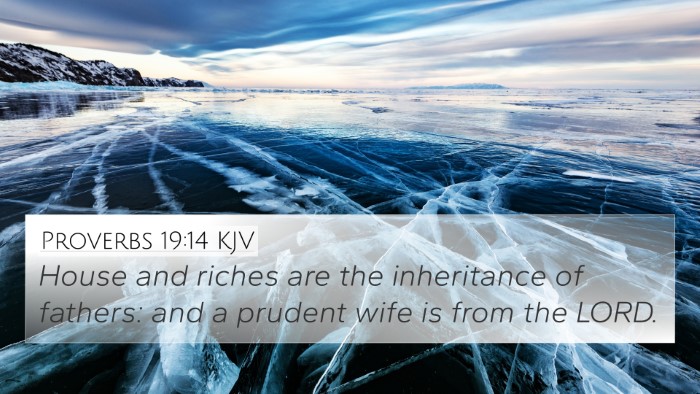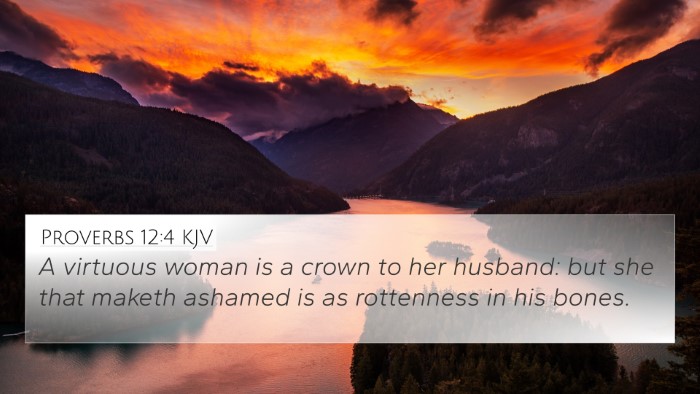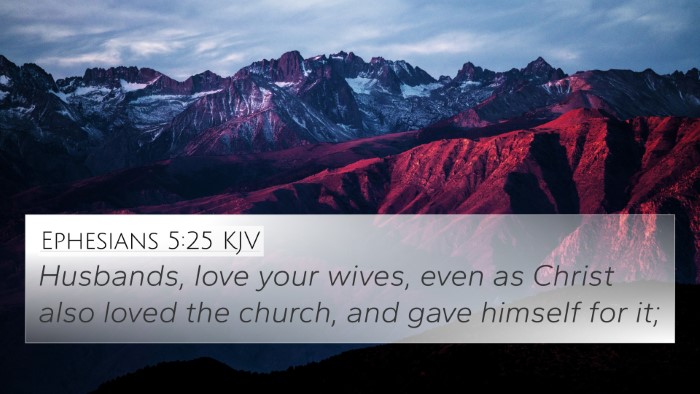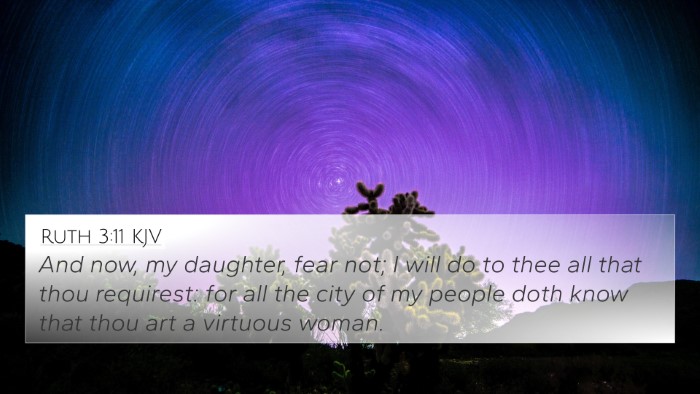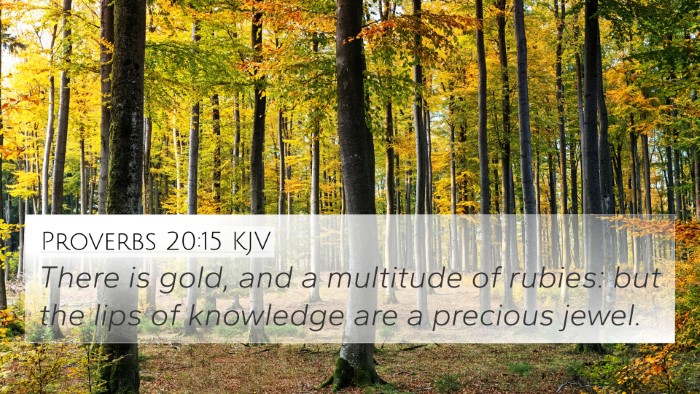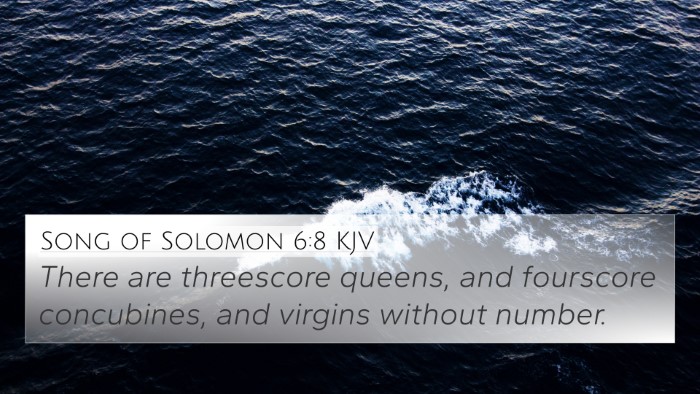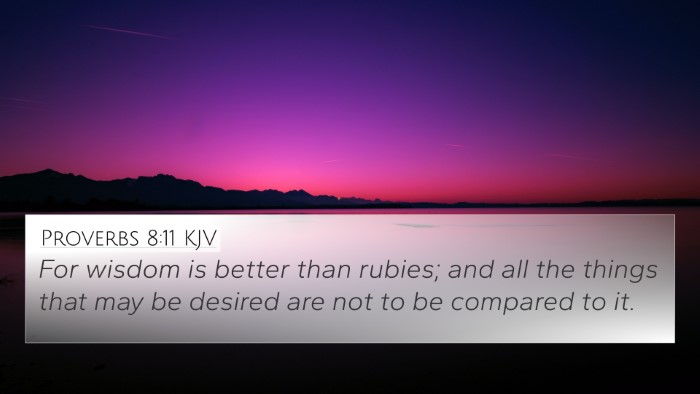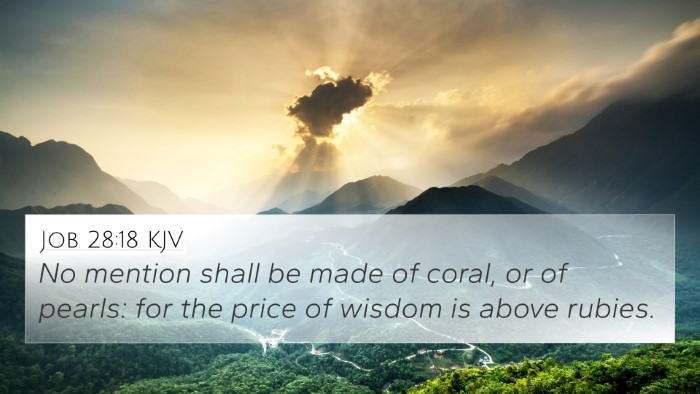Understanding Proverbs 31:10
Proverbs 31:10 states, “A wife of noble character who can find? She is worth far more than rubies.” This verse is often celebrated as a depiction of the ideal woman, encapsulating qualities of virtue, wisdom, and strength. Below is an analysis derived from various public domain commentaries, offering a comprehensive understanding of this profound scripture.
General Meaning
The verse poses a rhetorical question, emphasizing the rarity and value of a woman of noble character. The term "noble character" suggests integrity, moral strength, and high ethical standards. The comparison to rubies elevates her worth, indicating that true value resides not in material wealth but in virtuous qualities.
Insights from Commentaries
- Matthew Henry: Henry emphasizes the importance of a virtuous wife as a gift from God. He explains that her worth lies not only in her abilities but in her character and how she manages her household.
- Albert Barnes: Barnes highlights that this verse sets the standard for womanhood in a biblical context. He notes that a “wife of noble character” is essential for a stable family and a successful household, reflecting positively on her husband and children.
- Adam Clarke: Clarke identifies the “noble character” as embodying wisdom and discretion, which foster an atmosphere of peace and respect within the home. He interprets “far more than rubies” as a metaphor for the irreplaceable nature of such a woman.
Cross-References
This verse can be better understood through various Bible verse cross-references. Here are key verses that relate to Proverbs 31:10:
- Proverbs 12:4: "A wife of noble character is her husband’s crown, but a disgraceful wife is like decay in his bones." - This emphasizes the honor a virtuous wife brings.
- Proverbs 18:22: "He who finds a wife finds what is good and receives favor from the Lord." - Reflects the value and blessing of a good wife.
- Ruth 3:11: "And now, my daughter, don’t be afraid. I will do for you all you ask. All the people of my town know that you are a woman of noble character." - Highlights the commendation of a woman’s character.
- 1 Peter 3:3-4: "Your beauty should not come from outward adornment... rather, it should be that of your inner self, the unfading beauty of a gentle and quiet spirit..." - Connects inner beauty and character.
- Proverbs 31:26: "She speaks with wisdom, and faithful instruction is on her tongue." - This reinforces the idea that her strength comes from wisdom.
- Titus 2:3-5: "Likewise, teach the older women to be reverent in the way they live... then they can urge the younger women to love their husbands and children..." - Depicts the expected roles of women in a godly context.
- Proverbs 11:16: "A gracious woman gains respect, but ruthless men gain only wealth." - Further insight into the value of grace and nobility.
Connections with Other Scriptures
Thematic connections reveal that Proverbs 31:10 aligns with numerous scriptural cross-references that highlight virtuous traits and character in both women and men:
- Genesis 2:18: "It is not good for the man to be alone. I will make a helper suitable for him." - The concept of companionship reflects the unity of purpose in character.
- Ecclesiastes 4:9-10: “Two are better than one, because they have a good return for their labor...” - The strength of partnership in virtue.
- Philippians 4:8: "Finally, brothers and sisters, whatever is true, whatever is noble, whatever is right, whatever is pure, whatever is lovely, whatever is admirable—if anything is excellent or praiseworthy—think about such things." - Directs focus on virtues, reflecting the character of a wife described in Proverbs 31.
Thematic Analysis
When analyzing Proverbs 31:10 in tandem with similar verses, the thematic Bible verse connections become apparent. The descriptions of noble character can be seen across the Testament, illustrating a consistent moral framework:
- Character Over Wealth: The contrast between noble character and material wealth echoes throughout scripture, emphasizing moral fortitude as a priority.
- The Role of Women: Numerous passages speak to the dignity and strength of women, particularly in familial and communal roles, reinforcing the standing of Proverbs 31’s description.
- Attributes of Wisdom: Wisdom as a personified ideal in Proverbs also aligns with the value placed on character outlined in verse 10.
Application in Modern Context
Understanding Proverbs 31:10 extends beyond its immediate literary context and encourages a comparative Bible verse analysis today:
- Defining Value: In a society often valuing external appearances and wealth, this verse redefines what is truly valuable.
- Nurturing Character: Encourages individuals to focus on cultivating character, wisdom, and virtue.
- Role Models: Inspires both men and women to seek and embody noble characteristics in their lives, influencing families and communities positively.
Conclusion
Proverbs 31:10 serves as a powerful reminder of the worth inherent in virtuous character. The insights drawn from public domain commentaries, along with the multiple connections between Bible verses, enrich our understanding and encourage a deeper appreciation of biblical teachings on character and virtue.
By engaging with tools for Bible cross-referencing, you can discover a wealth of connections that enhance your study of scripture and reveal God’s timeless principles for living a noble life.



